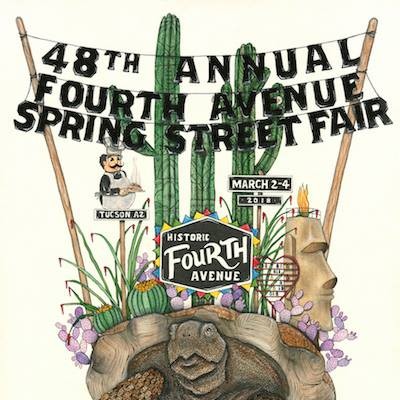Just enough for a grand opera.
Gioacchino Rossini's 1817 La Cenerentola, which circulates here under the title Cinderella, removes all the magical elements and strips the story down to a tale whose moral is even more direct than in the famous Charles Perrault telling: Graciousness is more important than beauty and good breeding.
At the same time, Rossini and his librettist, Jacopo Ferretti, made the opera much funnier than Perrault's straightforward prose version of the old folktale, paving the way for later treatments (including an opera by Jules Massenet, a ballet with music by Sergei Prokofiev, a movie from Walt Disney and a musical by Rodgers and Hammerstein) that mingled magic with comedy.
Rossini's version is Arizona Opera's second production this season, running Nov. 12-14 at the TCC Music Hall.
The first time Arizona Opera presented Cinderella, in 1977, the stage director was so afraid the audience would feel cheated by the lack of hocus-pocus that he contrived to deliver Cinderella to the ball in a huge pumpkin carriage attended, if I remember correctly, by supernumeraries in mouse masks.
This year's stage director, Joseph LoSchiavo, will have none of that. The adventures of Rossini's Cinderella (in the opera she's called Angelina) could almost be taking place next door to the decidedly non-supernatural action in The Barber of Seville, Rossini's famed comedy of 1816.
"My approach basically is to tell the story as honesty and sincerely and in as straightforward a way as I possibly can," says LoSchiavo. That means not only no pumpkin and mice, but also a limited amount of silly stage business.
"In this type of opera," he says, "there's often a temptation to keep things in perpetual motion, with a lot of sight gags and that sort of thing. My approach is fairly clean and straightforward. I find it to be a very human story, a very moving story, and I think its inherent pathos and its inherent humor, of which there's a great deal, come through most clearly when the approach is honest and sincere.
"For example, I'm trying hard not to play the stepsisters too broadly. Of course, they're written broadly, so there's a limit to what one can do, but I'm trying not to make them cartoons in any great extreme.
"And there's a scene in which Cinderella pleads with Don Magnifico"--her father; there's not even a wicked stepmother in this version--"to let her go to the ball, and he tells her that she can't. Then (people working for the prince) question Don Magnifico about this third daughter of his they find in a census, and he denies that Angelina exists; he says that she died. This is a moment of really very serious cruelty, when he says right in her presence that this child died. So my approach has been not to skirt around the elements of cruelty within the opera, because I think it's germane to the story, and it enhances the central character's ability to forgive. In the end, she has this tremendous capacity to forgive all the offenses of her family. And if you don't skirt around the cruelty, that has a lot more impact."
The last time LoSchiavo directed the opera, at least a condensed version of it, it was a show especially for kids, and his approach was necessarily different. "The point of that was to be funny and to entertain children," he says. "What we're doing now is a mature story for a conventional audience."
The challenge for a stage director in almost any opera written up through Rossini's time is that the arias are full of repetitions--sometimes short phrases, sometimes whole long passages. While this may make sense in the structure of the aria or the flow of the melody, it can be fatal to any realistic dramatic (or even comedic) action. But LoSchiavo says Rossini's repetitions aren't causing him any trouble.
"Generally," he says, "when you have good singing actors, which we have here, you can almost invariably find a motivation to say the thing a second or third time. There's a different emphasis, a different spin emotionally or psychologically that you can put on the phrase. That's part of what keeps the drama moving. And there are passages in the opera which are introspective, where the characters sing to themselves, essentially; we're hearing their inner thoughts. So there are a couple of points where there is some stillness, and if you've been telling the story clearly while the action is happening, the stillness in these arias has its own impact as well."
Basically, LoSchiavo says, the secret is to avoid regarding Cinderella as just a simple fairy tale about a girl dressed in rags: "It's a very rich subject."









